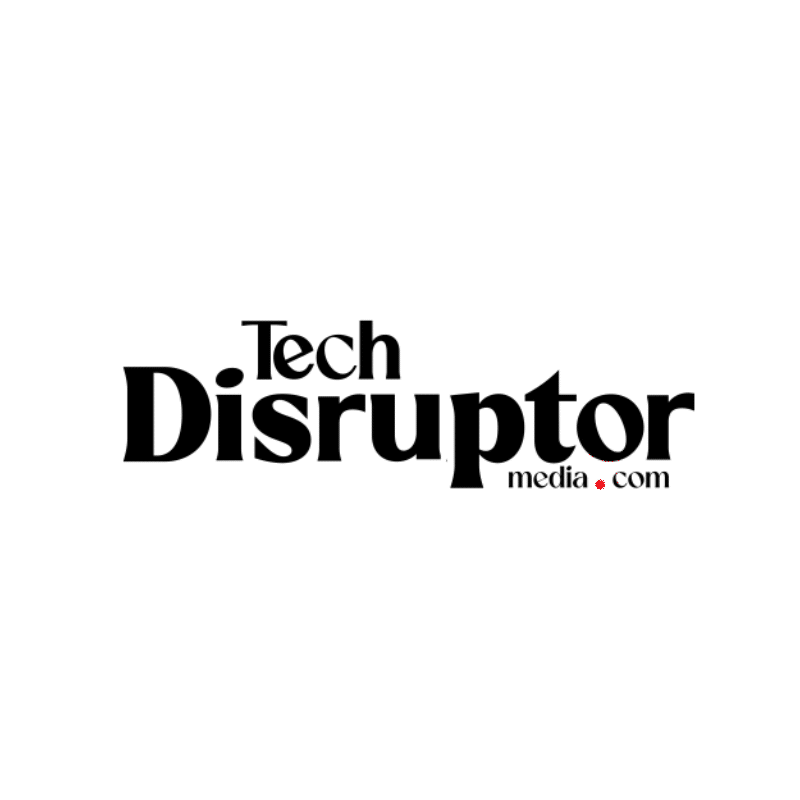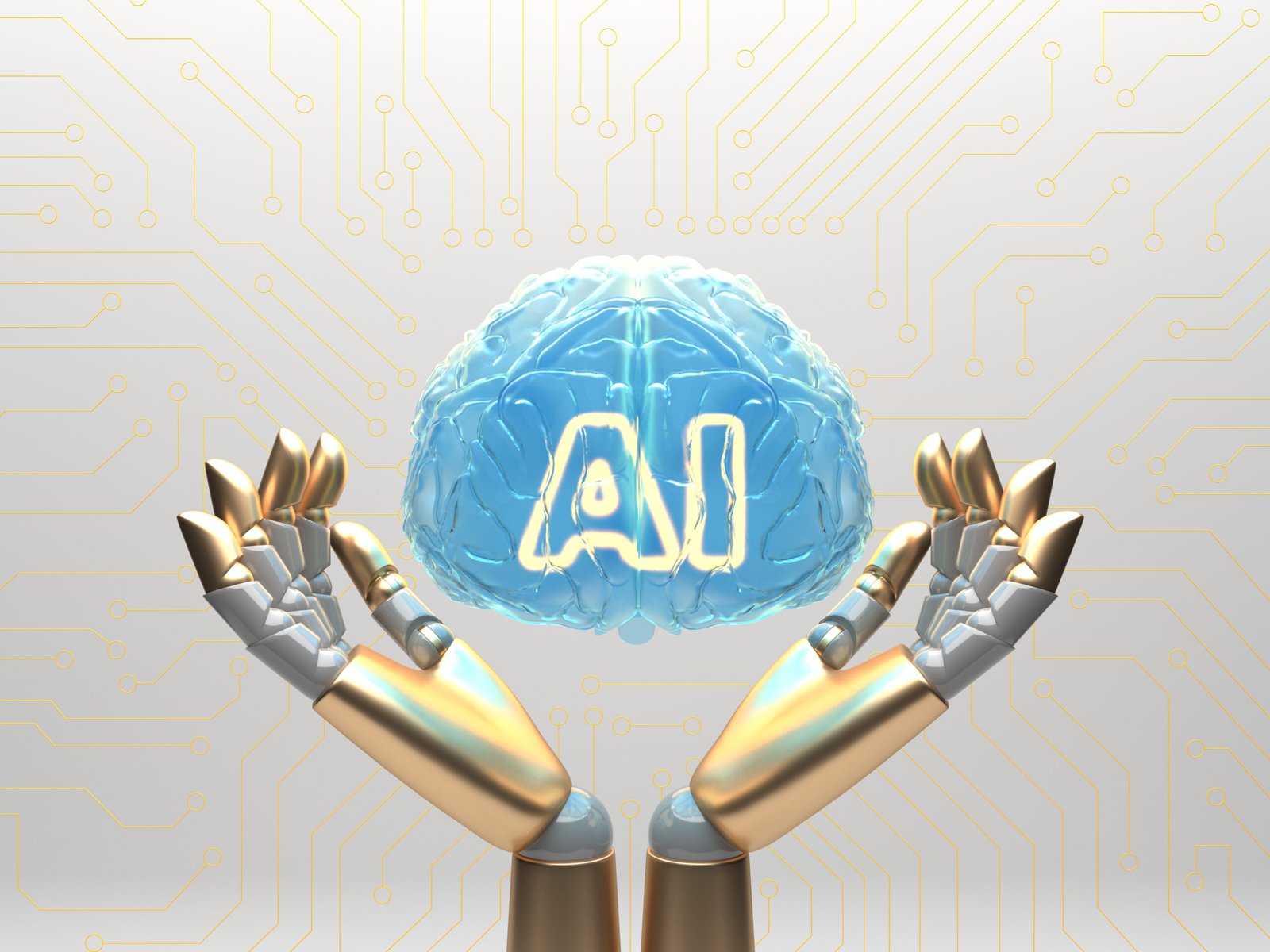The future of enterprise generative AI (GenAI) isn’t in siloed tools or custom-built environments. As per a Gartner report, by 2028, a remarkable 80% of GenAI business applications will be developed on existing data management platforms, ushering in a fundamental shift in how AI is embedded within enterprise ecosystems.
The Shift Towards Unified Data Ecosystems
According to Gartner’s report, “Predicts 2025: 4 Ways AI Will Disrupt Data Management Markets and Solutions,” organizations are moving away from fragmented data management tools towards unified ecosystems. This convergence reduces integration costs and inefficiencies, allowing seamless data access and governance. By embedding GenAI into these unified platforms, businesses can enhance model accuracy and ensure compliance with data governance policies.
The Role of Retrieval-Augmented Generation (RAG)
Gartner highlights Retrieval-Augmented Generation (RAG) as a pivotal architecture for deploying GenAI applications. RAG enhances large language models (LLMs) by integrating them with business-owned datasets, improving accuracy and contextual relevance. This approach leverages metadata and semantic data to enrich AI outputs, making them more applicable to specific business challenges.
Implications for Data Management
Leveraging GenAI into existing data platforms entails evolving data management practices. Enterprises must opt for AI-ready data ecosystems that facilitate real-time data access, metadata management, and compliance.
Strategic Recommendations
To capitalize on this trend, Gartner advises organizations to:
- Adopt Unified Data Ecosystems: Implement platforms that integrate data management capabilities to streamline operations and reduce complexity.
- Leverage RAG Architectures: Utilize Retrieval-Augmented Generation to enhance GenAI applications with business-specific data, improving accuracy and relevance.
- Invest in AI-Ready Data Management: Develop data infrastructures that support real-time access, metadata management, and compliance to facilitate GenAI integration.
- Automate Data Integration: Embrace AI-enabled workflows to automate data integration tasks, minimizing manual intervention and enabling self-service data management.
Conclusion
Gartner’s prediction highlights the significant shift in organizations’ approach to GenAI development. By embedding GenAI capabilities into existing data management platforms, businesses can enhance model accuracy, ensure compliance, and accelerate delivery timelines. This strategic integration is poised to redefine the landscape of enterprise AI applications.




